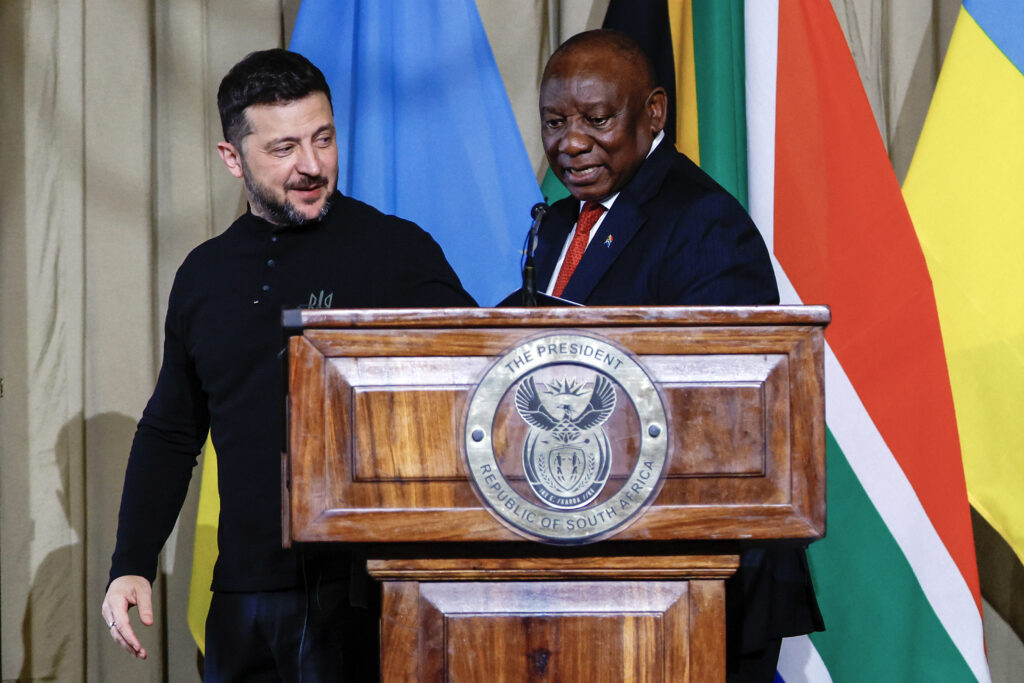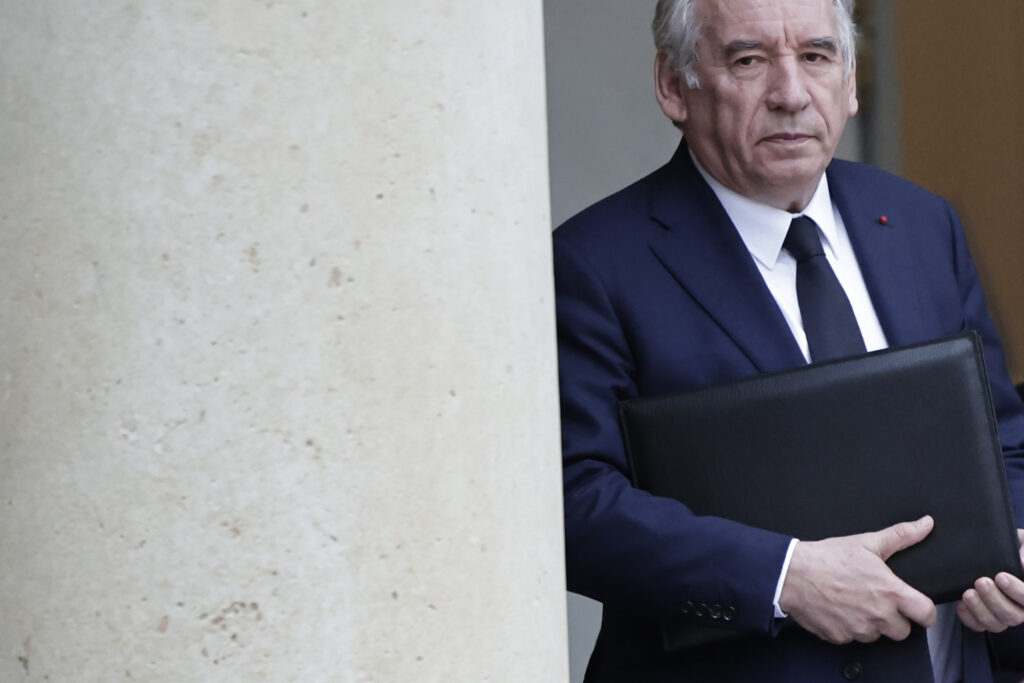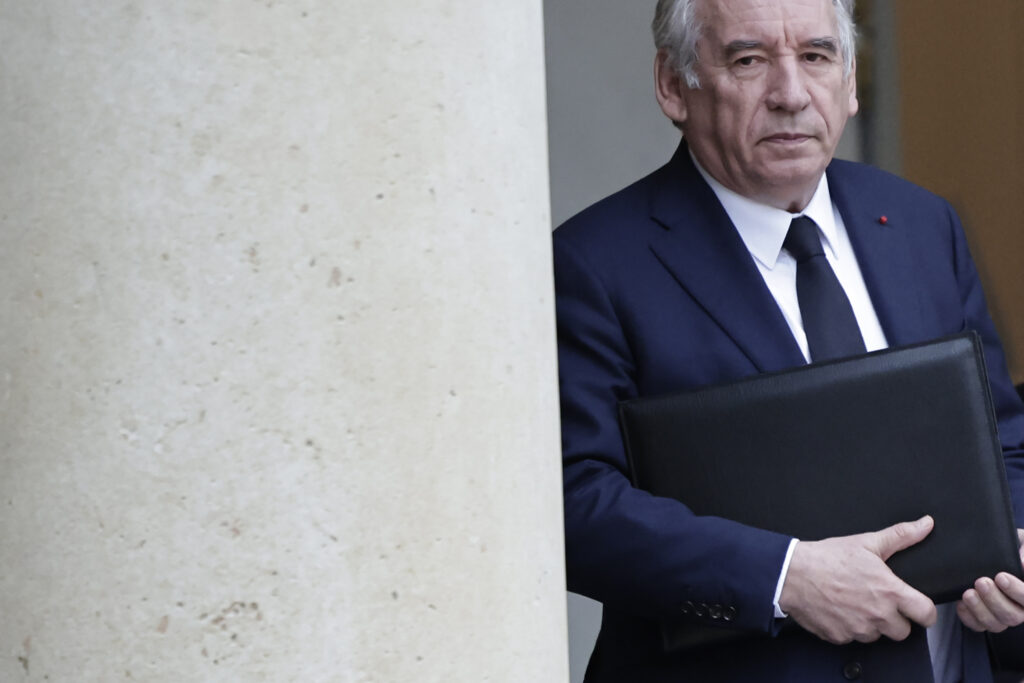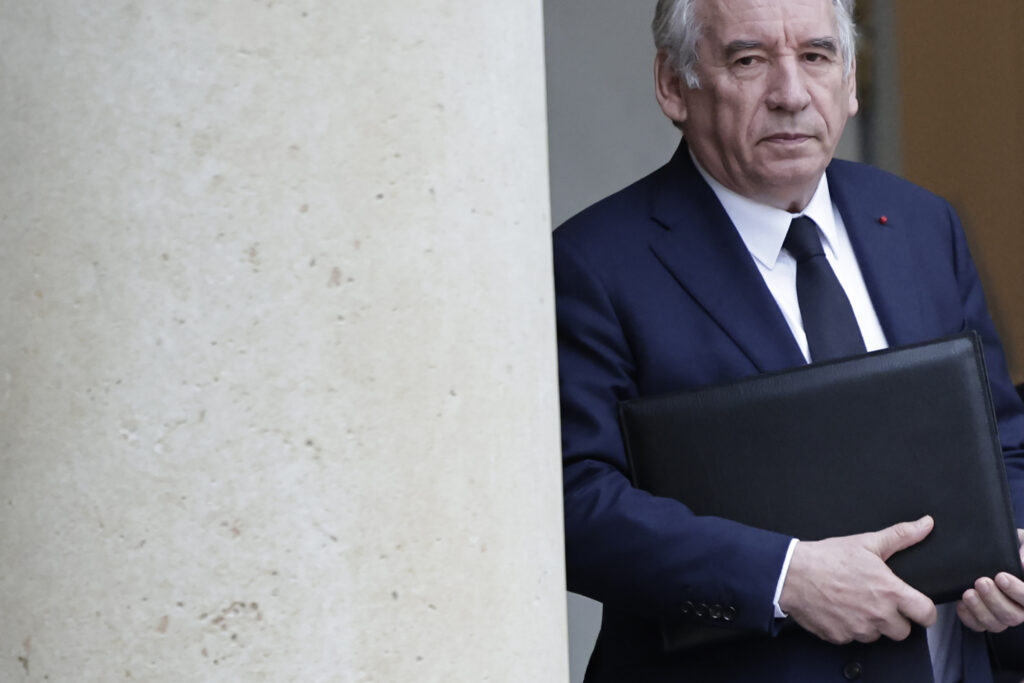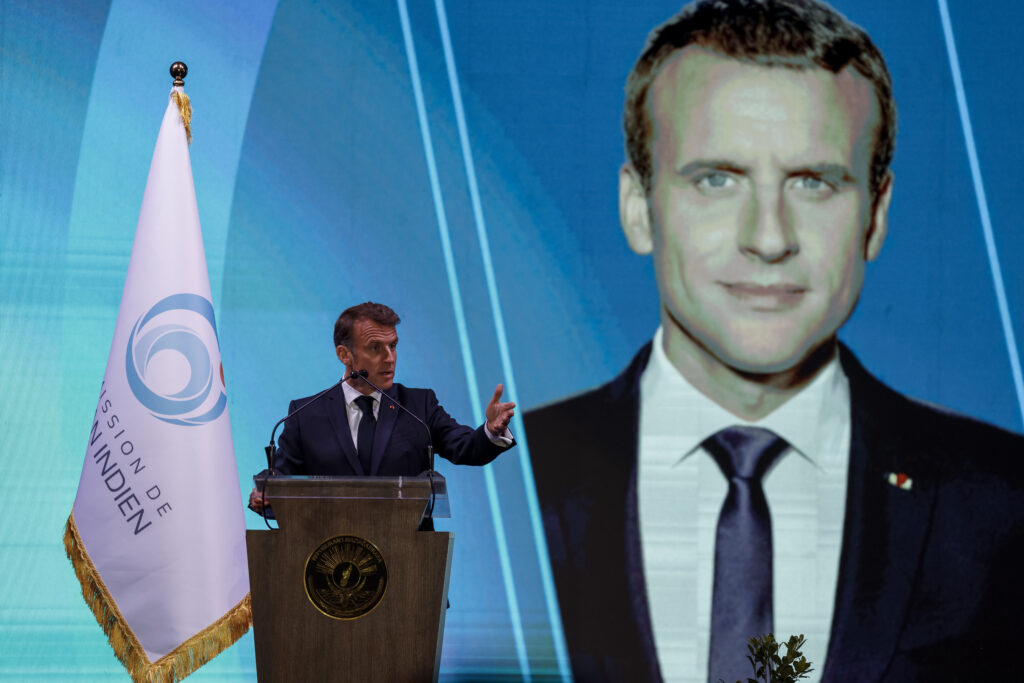Narcobanditisme à Marseille: le ministre de l’Intérieur annonce 21 arrestations dans “le haut du spectre”
Le ministre de l’Intérieur Bruno Retailleau a annoncé jeudi un coup de filet avec 21 interpellations de trafiquants appartenant au “haut du spectre” du narcobanditisme marseillais, lors d’un déplacement à Marseille.Une opération “a eu lieu très tôt ce matin avec 21 interpellations liées au narcobanditisme, dans le haut de spectre, qui doit nous permettre de démanteler un réseau important sur Marseille”, qui tenait la cité de la Castellane, dans les quartiers populaires du nord de la ville, a déclaré Bruno Retailleau lors d’une conférence de presse.Les personnes arrêtées sont de “hauts responsables qui tiennent un réseau à la Castellane”, “pas du menu fretin”, a-t-il insisté: ce “ne sont pas des petites mains, des charbonneurs, mais des responsables de haut niveau du narcobantitisme”, a insisté M. Retailleau.Selon une source policière, cette enquête portait notamment sur du blanchiment.Toutes ces interpellations jeudi matin n’ont cependant pas eu lieu à Marseille, pour ce réseau qui présente des “ramifications nationales mais avec des racines marseillaises”, a ajouté le ministre sans plus de détail. Au total, 170 enquêteurs ont été mobilisés pour ce coup de filet qui est, selon le ministre, “un coup dur”, “sinon mortel”, porté à ce réseau. La cité de la Castellane, vaste ensemble d’immeubles blancs en bordure d’autoroute, est connue pour être un haut lieu marseillais de ces trafics de stupéfiants qui empoisonnent le quotidien des habitants. En mars 2024, Emmanuel Macron s’y était rendu pour lancer des opérations “place nette XXL” contre les trafiquants et depuis la présence policière y était quasi constante, mais si le trafic était moins visible il se poursuivait notamment via les livraisons.Ce coup de filet n’a a priori “pas de lien” avec les récents faits visant des prisons en France, a également précisé le ministre.Le ministre était à Marseille pour dresser un premier bilan des plans départementaux de restauration de la sécurité du quotidien, lancés en février, avec par exemple mercredi 1.000 fonctionnaires mobilisés dans les Bouches-du-Rhône qui ont procédé à 10.000 contrôles d’identité.Au total, 106 personnes ont été interpellées, dont une trentaine d’étrangers en situation irrégulière, dans le cadre d’une opération “massive” et “visible”.




